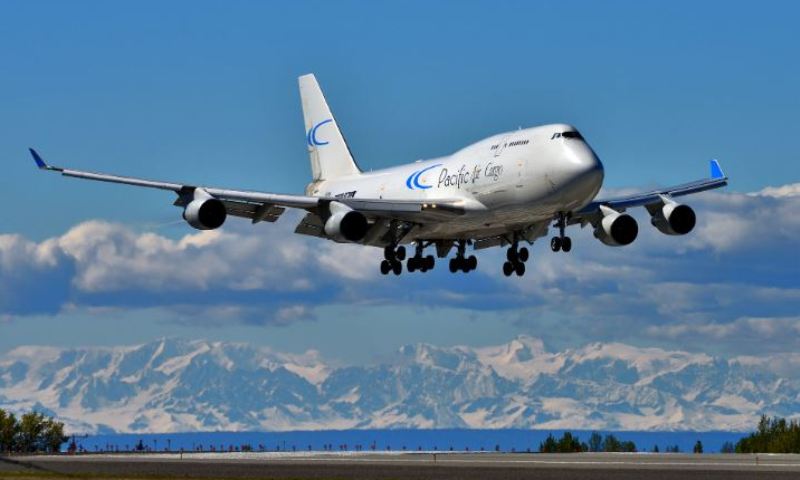The sacking of employees of the US Federal Aviation Authority (FAA) by the Department of Government Efficiency (DOGE) task force headed by Elon Musk has fuelled discussion on the state of air traffic control.
Air cargo stakeholders are concerned about repercussions for critical shipments.
In response to a slew of job cuts, the National Air Traffic Controllers Association (NATCA) said it would analyse the effect on aviation safety, the national airspace system and its members.
According to the Professional Aviation Safety Specialists union, hundreds of FAA employees in their one-year probation period received termination notices on 14 February. Another source put the number at around 60 – none permanent FAA employees, but considered essential workers.
Apparently no air traffic controllers were affected, but primarily engineers and aircraft certification, staff support and aviation technical systems specialists.
Acting FAA administrator Chris Rocheleau said the DOGE team would “help the agency in its efforts to modernise US airspace”.
Coming not long after the fatal mid-air collision of a military helicopter with an American Airlines plane on approach to Washington Reagan Airport, the dismissals sparked anger about a blanket approach rather than more granular, targeted cuts, which has also drawn criticism elsewhere: all but 28 of nearly 180 job cuts at the National Nuclear Security Administration had to be rescinded.
On 19 February, a coalition of aviation industry stakeholders – including Airlines for America and the International Air Transport Association – wrote to Congress, calling for “robust emergency funding” for the FAA to meet needs for modern technology and a shortage of about 3,500 air traffic controllers. They also expressed opposition to privatisation of air traffic control (ATC) services.
Last year, the FAA cut minimum flight requirements at New York City area airports, owing to a shortage of ATC personnel, which has also been blamed for flight delays. Transportation secretary Duffy said that he was reconsidering rules that allowed ATC staff reductions at Reagan airport.
Air cargo operations have not suffered any significant impact from flight delays and related ATC problems, but industry stakeholders are concerned.
“We continue to monitor the situation closely and advocate for solutions that ensure a reliable and efficient air transportation system for both passenger and cargo operations,” said Brandon Fried, executive director of the US Airforwarders Association.
“Cargo flights often operate outside of peak passenger hours, which provides some flexibility. However, continued staffing shortages, technology issues, or system failures within the FAA and ATC could lead to delays, rerouting, and congestion, all of which could affect air cargo efficiency. Any disruptions in air traffic management can cause ripple effects across the supply chain, impacting just-in-time deliveries and critical shipments such as pharmaceuticals and perishables,” he added.
On top of an outdated communication system and creaky facilities (a quarter being 50 years or older), the FAA is also affected by the fallout from the historic loose oversight of Boeing, which has increased the need for heightened scrutiny and is prompting extra caution at the regulator.
Beyond Boeing, this is also affecting certification of freighter modification programmes, which has delayed the deployment of converted B777 freighters. According to one industry analyst, it is doubtful that any existing modification programmes will get the FAA’s stamp of approval in the near future.
With diminished staff numbers and government employees now required by the DOGE task force to submit accounts of their week’s activities to justify their employment, there is even less hope of faster progress at the FAA.

